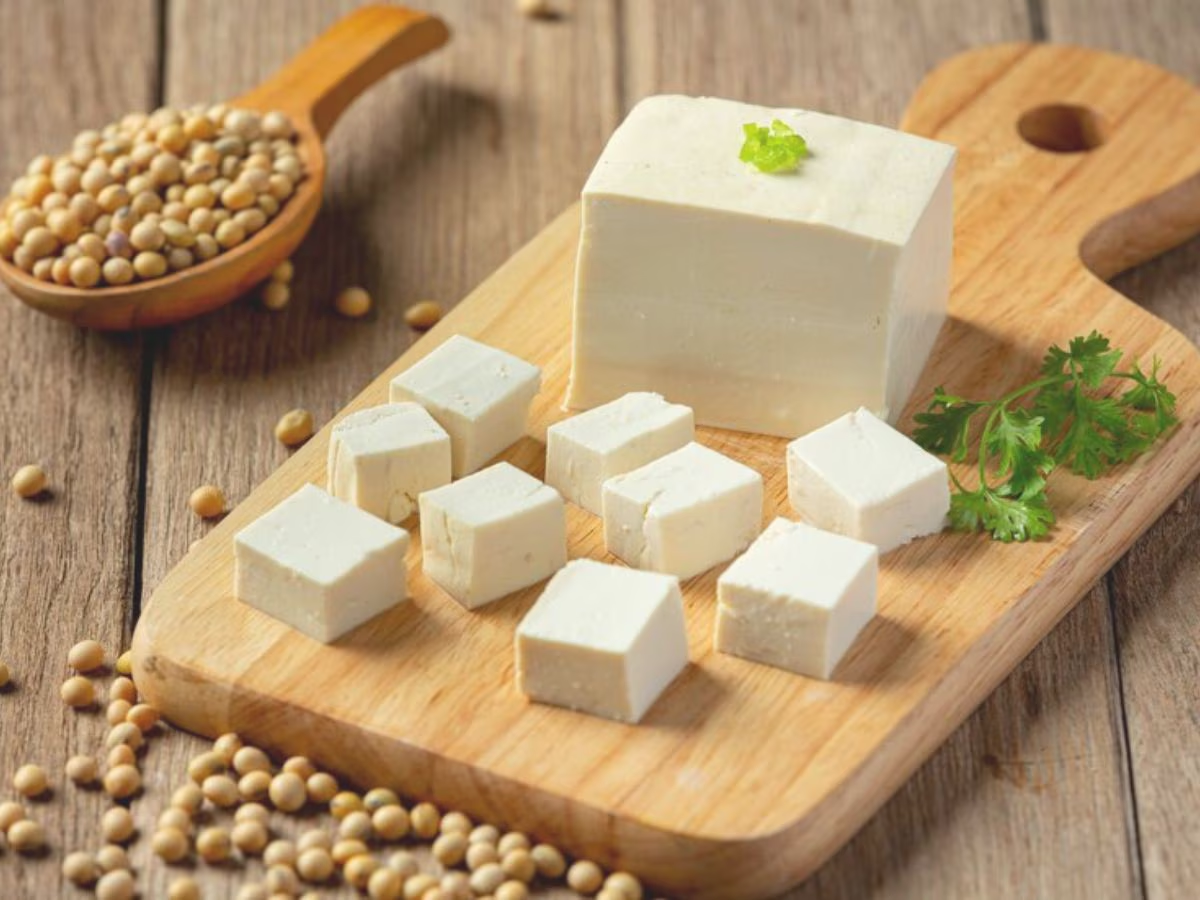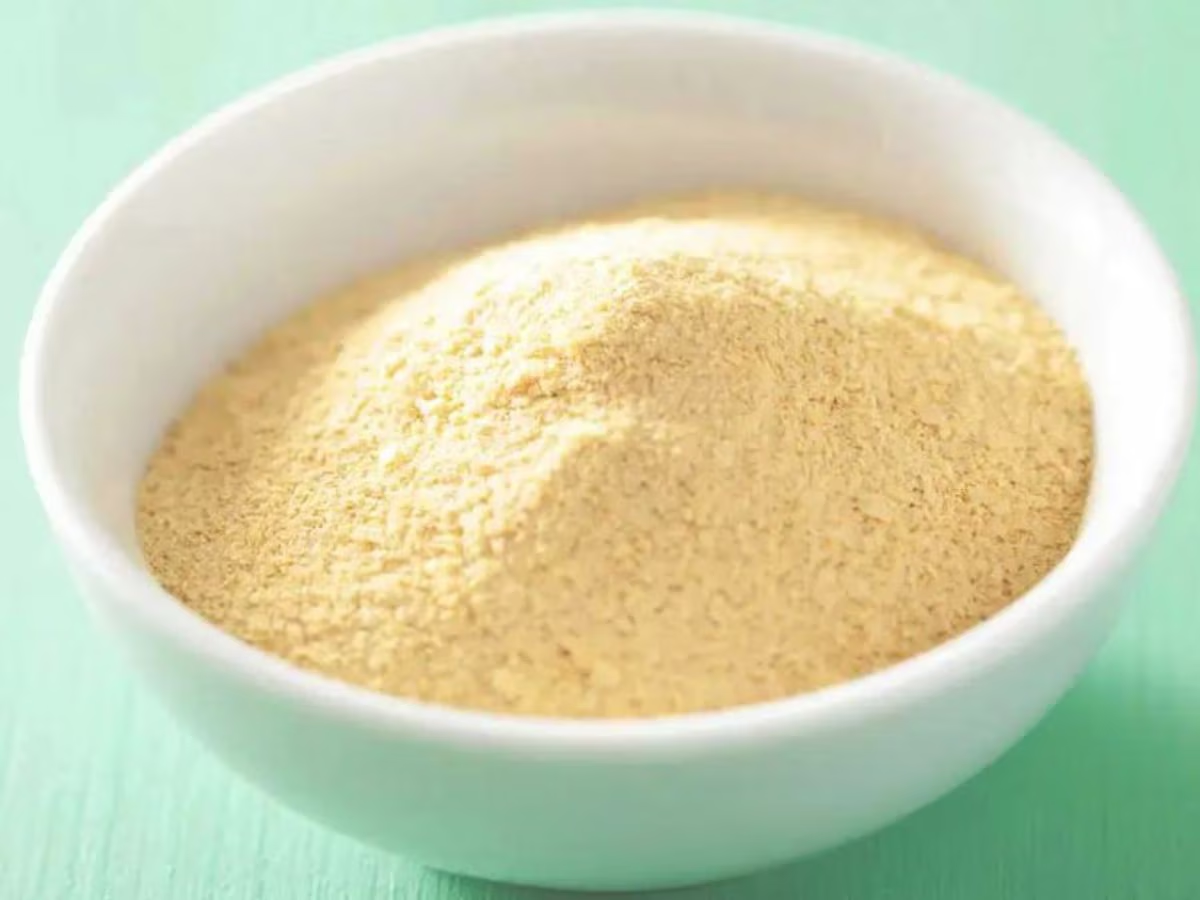Vitamin B12 is an essential nutrient for our body. It plays an important role in the functioning of the nervous system and is also helpful in the formation of red blood cells. Vitamin B12 deficiency can cause problems like fatigue, weakness, anemia, and even nervous damage. Usually, vitamin B12 is obtained from animal sources such as meat, eggs, and dairy products. However, vitamin B12 deficiency is a common problem for vegetarians. So can't vegetarians include vitamin B12 in their diet? The answer is yes. Today we will tell you 5 vegetarian sources, from which you can fulfill the deficiency of vitamin B12 in your body.

Curd is a good vegetarian source of vitamin B12. One cup of curd contains about 1.1 micrograms of vitamin B12, which is about 15% of the daily requirement. Also, the curd is a good source of protein, calcium, and probiotics.
Paneer is a type of Indian cheese made from milk. It is another good vegetarian source of vitamin B12, with one cup of paneer containing about 0.9 micrograms of vitamin B12. Paneer is also a good source of protein and calcium.
Many foods are fortified with vitamin B12, which means that vitamin B12 is artificially added to them. Fortified foods can be an easy and convenient source of vitamin B12. Some foods fortified with vitamin B12 include fortified milk, fortified cereals, fortified nutritional yeast, and fortified soy milk.

Nutritional yeast is an inactive yeast fortified with several nutrients, including vitamin B12. It is a rich source of vitamin B12, containing about 2.4 micrograms per ounce. Nutritional yeast has a cheesy flavor and can be used in a variety of dishes, such as pasta, soups, and salads.
Some types of mushrooms provide trace amounts of vitamin B12. However, the amount of vitamin B12 obtained from mushrooms is less than from other sources. Therefore, mushrooms should be consumed in conjunction with other sources to ensure that you are meeting your daily vitamin B12 needs.
(PC: Zee news)










